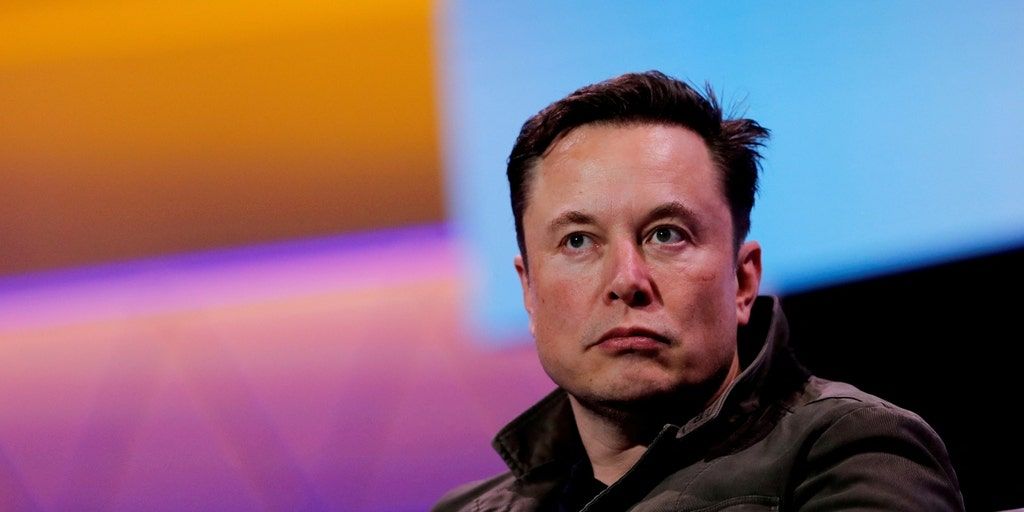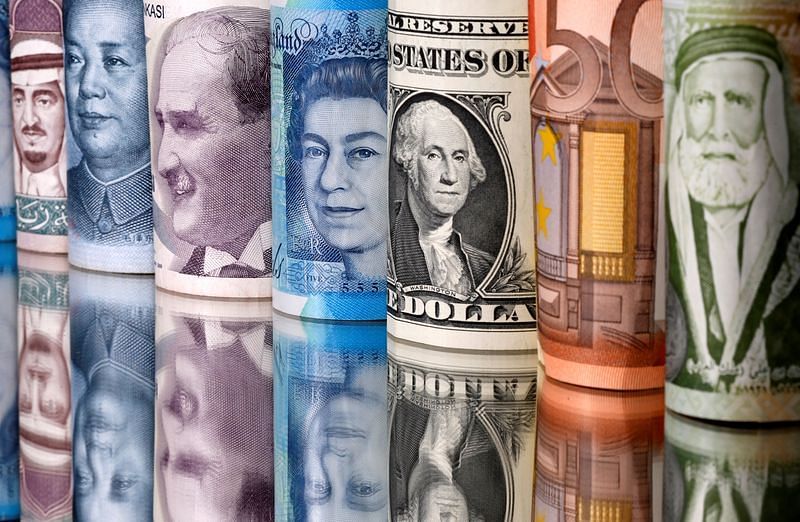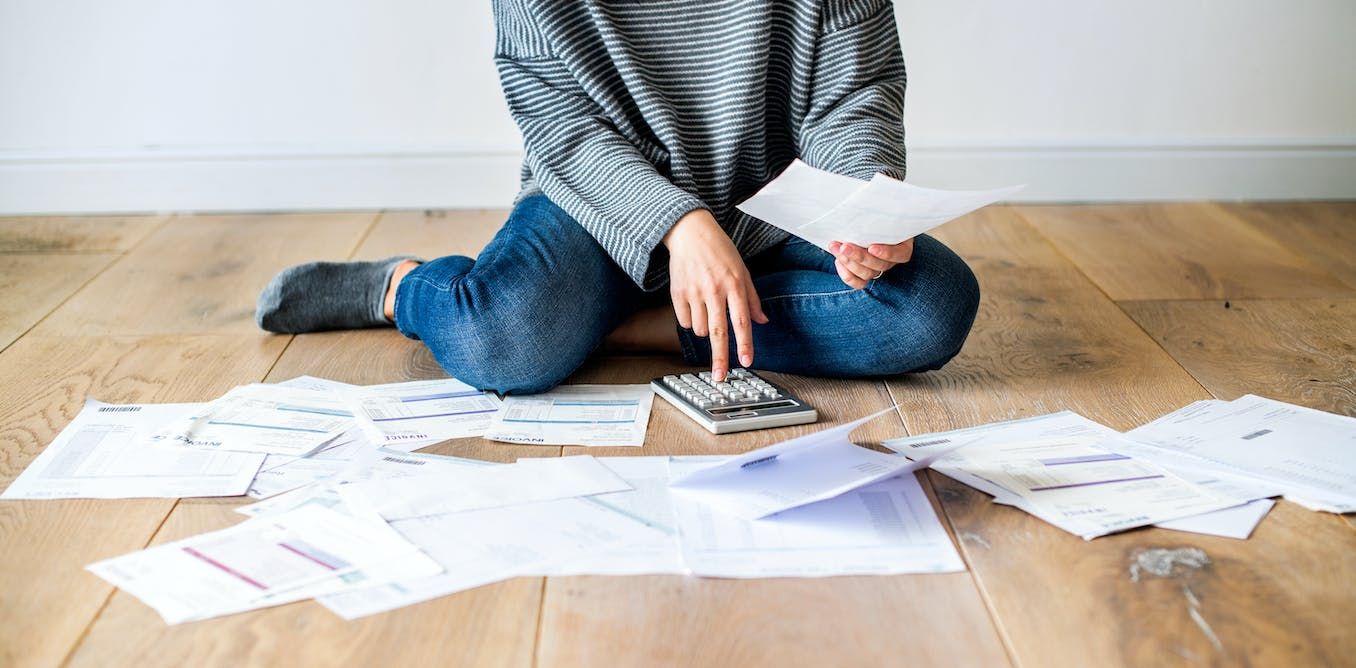This week, Elon Musk, the high-profile CEO of Tesla, SpaceX, and now Twitter, set the financial markets abuzz with his warning about potential downturns in the US real estate sector. Musk’s public comments expressed his worry that the Federal Reserve’s recent interest-rate increases may significantly undermine the value of commercial and residential properties.
Musk sparked the discussion with a Twitter post on Monday, in which he stated, “Commercial real estate is melting down fast. Home values next.” His statements hint at a gloomy future for the property market, influenced by the Federal Reserve’s latest financial strategies.
The Federal Reserve has been steadily hiking interest rates from almost zero to over 5% within the past year in a bid to curb soaring inflation. This approach aims to encourage savings over spending and control the rapidly rising inflation. Nevertheless, these higher rates also enhance borrowing costs, which can potentially dampen asset values and economic expansion.
Higher interest rates often spell trouble for the real estate market, as increased mortgage payments and greater financing costs pose challenges for potential buyers. Reduced capital availability for property investment could drive down prices for homes, offices, and commercial properties.
Moreover, the appeal of property investment could dwindle as returns from bonds and savings accounts rise in tandem with increased rates. Regional banks, apprehensive of more customer withdrawals, are opting for a conservative strategy, leading to stricter lending rules. This situation could lead to a credit crunch and a higher risk of loan defaults due to increased rates.
The pandemic-induced shift towards remote working is another factor feeding Musk’s concerns. As office buildings witness lower occupancy rates and commercial spaces like malls and entertainment venues see decreased foot traffic, their profitability takes a hit, potentially dragging down their market value.

Musk’s statements are not unfounded, given his persistent predictions of a downturn in the real estate sector over the past few months. Speaking on Fox News’ “Tucker Carlson Tonight” in April, he mentioned, “We really haven’t seen the commercial real estate shoe drop. That’s more like an anvil, not a shoe.” He anticipated severe fallout in the upcoming months as tenants opt out of leases, choose not to renew them, or file for bankruptcy under economic pressure.
Musk also warned of the possible repercussions of a large volume of real estate debt due to mature in the next five years. He suggested that homeowners could see a dramatic increase in monthly payments when their fixed-rate mortgages come to an end. He tweeted in March, “This is by far the most serious looming issue. Mortgages too.”
In criticizing the present economic conditions, Musk drew attention to the high risks that increased interest rates pose to the housing market and the potential ripple effects on banks.
However, skeptics argue that Musk could potentially profit if his forecasts turn out to be true. Higher interest rates lead to larger car loan payments, effectively increasing the cost of Tesla vehicles. If property prices do drop and the Federal Reserve decides to lower rates in response, Tesla might dodge the need to decrease its prices to maintain demand.
Regardless of any possible ulterior motives, Musk’s warnings have underscored the intricate interplay between fiscal policy and the real estate market. As we grapple with the aftermath of the pandemic and worldwide inflation, his observations serve as a stark warning of the precarious balance between promoting growth and ensuring economic stability.
©traders-news.online










